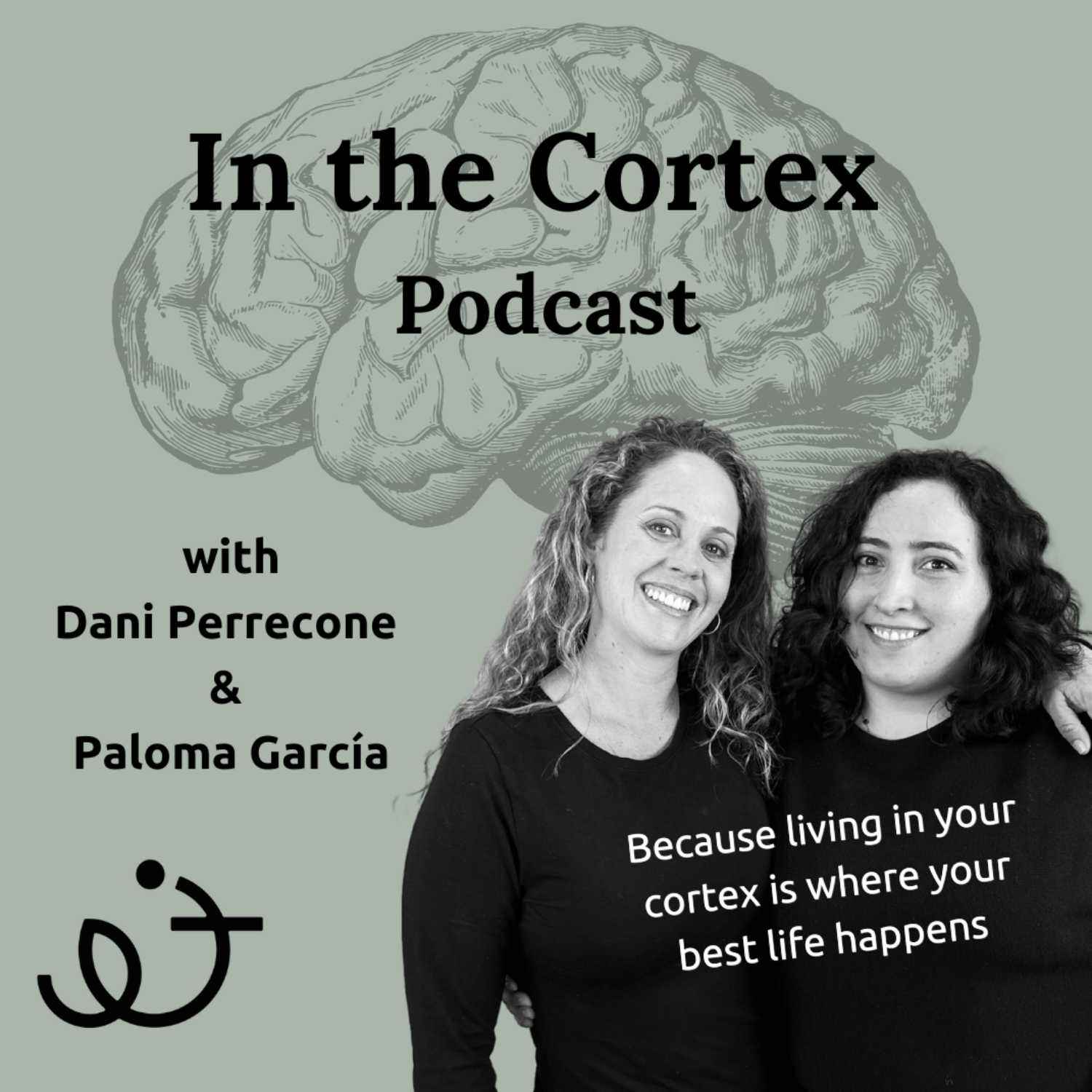What We Judge
Description
When I am sharply judgmental of any other person, it's because I sense or see reflected in them some aspect of myself that I don't want to acknowledge. - Gabor Maté, In the Realm of Hungry Ghosts
In this episode, we explore judgment and discernment and how that can support your ITC journey.
Judgment is outward-focused: it is about what other people do, say, or think. Discernment, on the other hand, is your ability to know for yourself what is right and wrong, what you want or not, what works for you or doesn't, what you do or not do. It's about you.
Before we talk about judgment, we want to be clear that judgment is very different from discernment. Judgment is the act of forming opinions or conclusions about something based on available information or personal beliefs. It often involves a quick assessment of a situation or a person's actions, which can sometimes lead to snap decisions or stereotypes. On the other hand, discernment involves a more thoughtful and deliberate approach to evaluating situations or people. It usually entails careful observation, analysis, and consideration of many different factors before arriving at a well-reasoned conclusion. Discernment emphasizes the use of critical thinking and open-mindedness, always looking to understand nuances and complexities to create a more balanced and insightful perspective. While judgment may be influenced by biases and preconceptions, discernment aims to rise above such limitations, fostering a more objective and accurate understanding of the world around us.
Here's a little secret: what we judge says a lot about ourselves. It's like a mirror reflecting back our own beliefs, values, and insecurities. When we find ourselves pointing fingers or passing judgments, it's an opportunity to take a closer look within.
You see, what triggers us or makes us critical often reveals the areas we need to work on ourselves. So instead of getting caught up in judgment, we invite you to approach it with curiosity and compassion. Let's use it as a chance for self-reflection and growth.
Embracing this mindset allows us to learn more about ourselves, deepen our empathy, and foster greater understanding. So, the next time you catch yourself judging, remember, it's an invitation to explore your own inner landscape and become a kinder, more compassionate version of yourself.
Want to become an ITC member and reorganize your brain? Click here. Use Coupon code: BRAINIAC to get $10 off your first month.
Want to learn more about Brain Reorganization? Click here.
Want to talk to one of us for 15 min for free? Click here.
More Episodes
In this episode, we delve into the concept of Reconnect, a powerful method we love for uncovering and addressing subconscious beliefs that might be holding you back from reaching your full potential. Reconnect helps identify and transform these limiting beliefs, enabling you to embrace and...
Published 07/29/24
Published 07/29/24
In this episode, we talk about how the In the Cortex method works when you're looking at getting to the root of your challenges, difficulties, and behaviors.
We used one of Dani's current challenges and worked through it using exactly the processes that make up ITC!
Published 07/22/24


